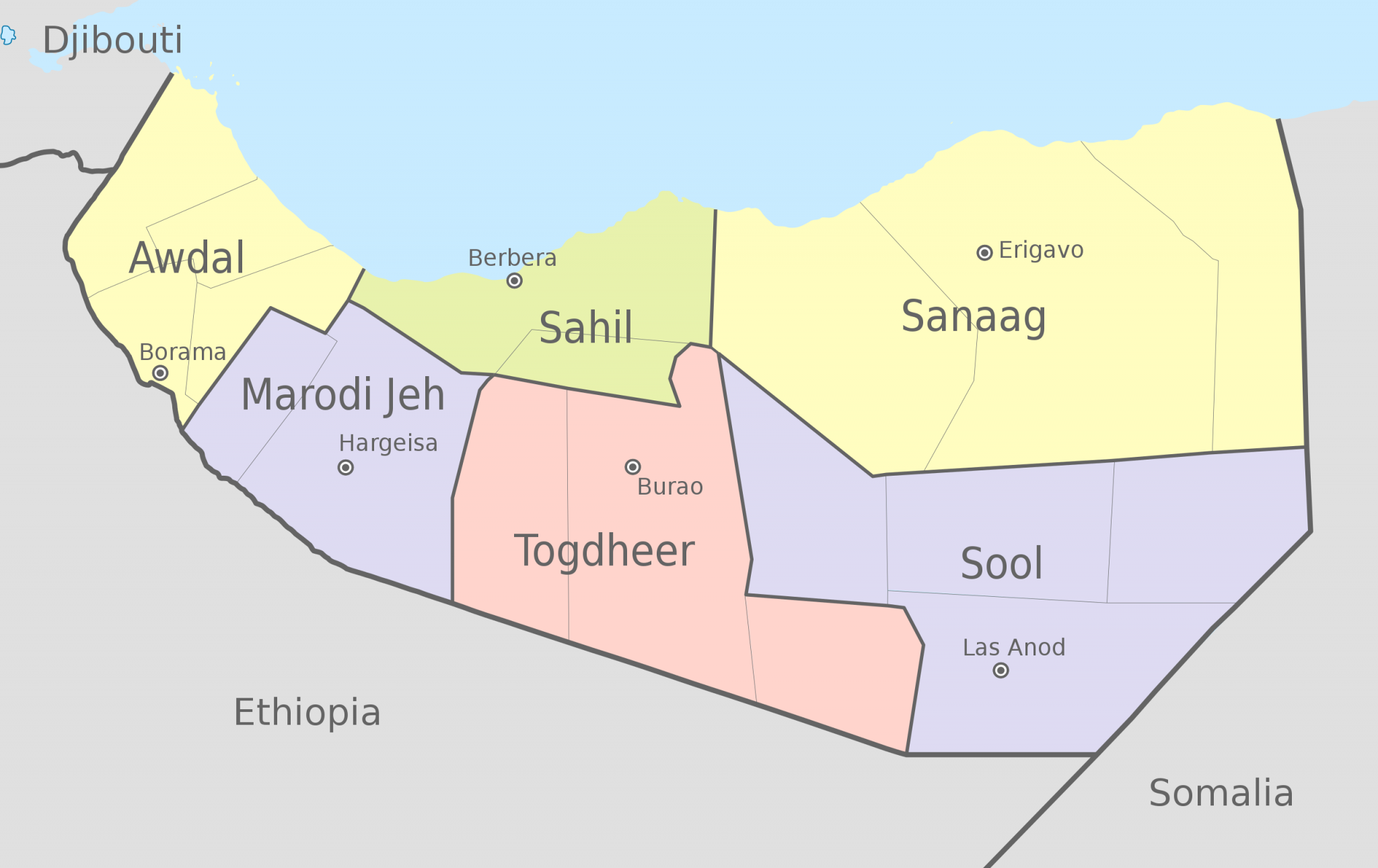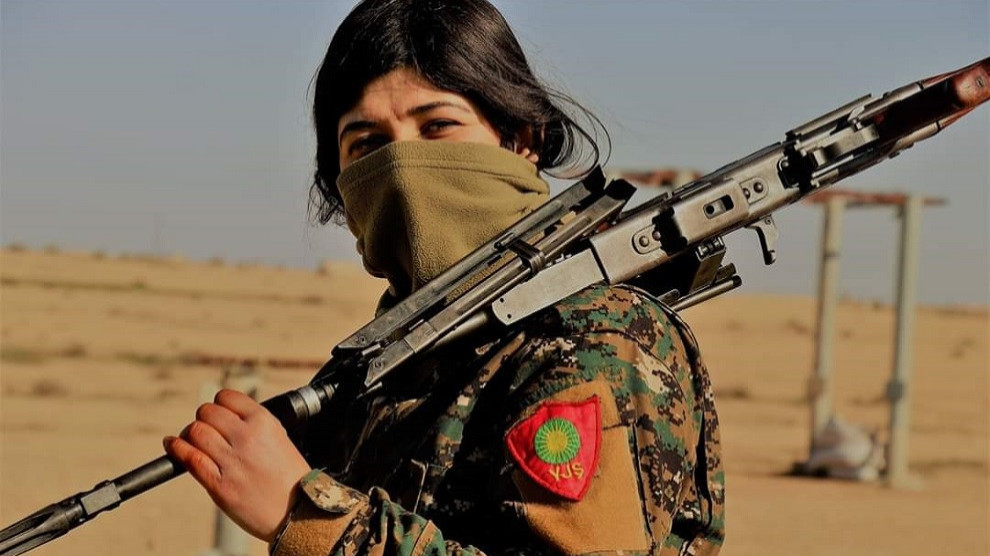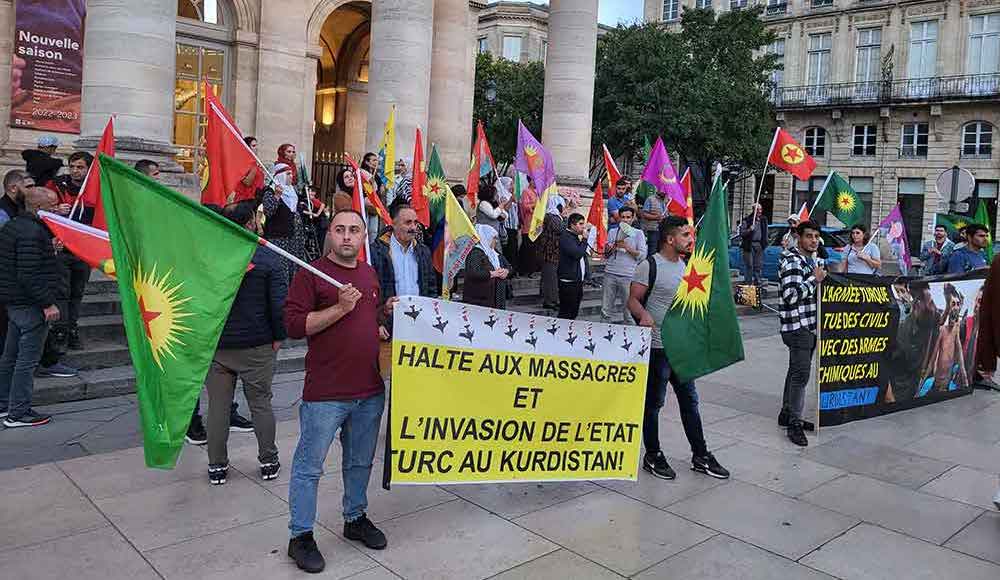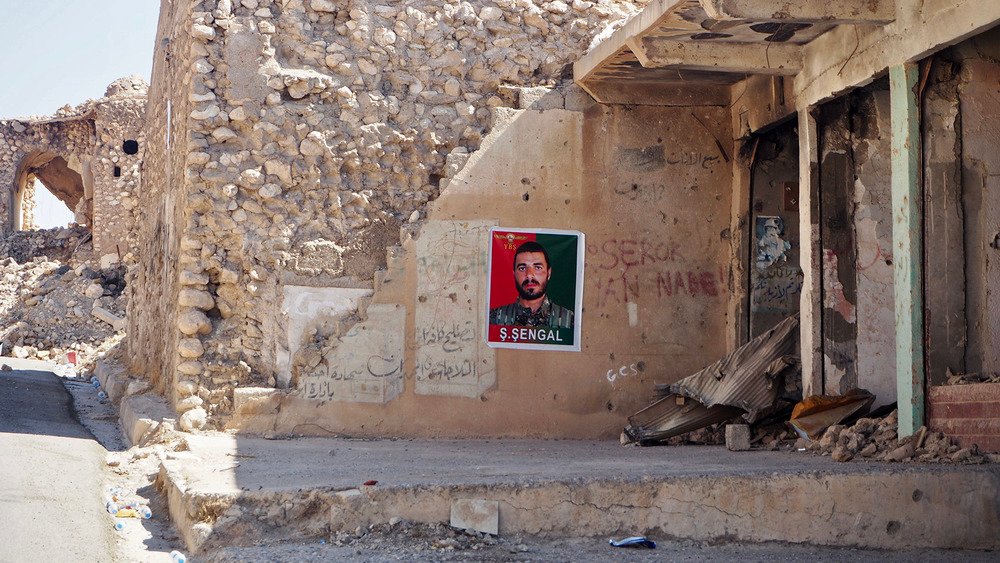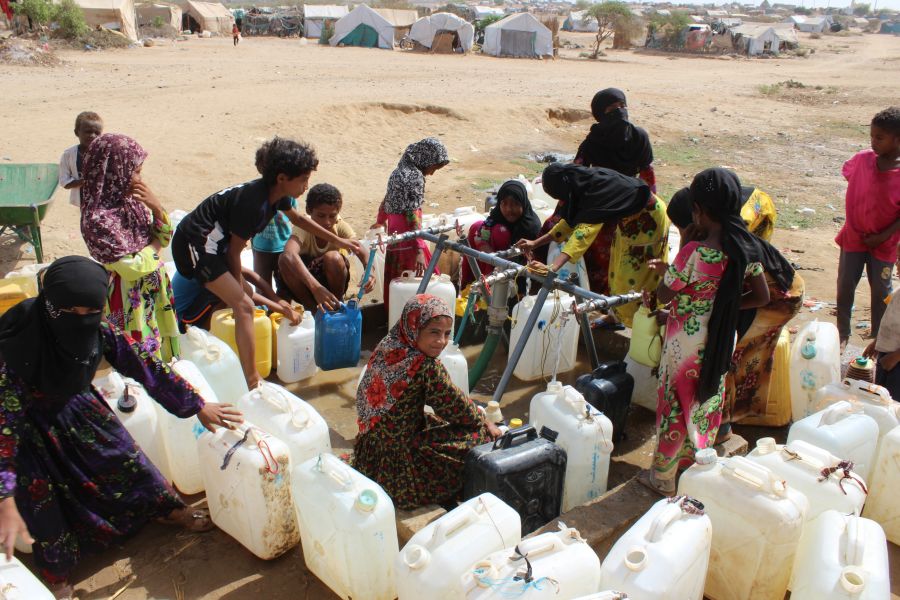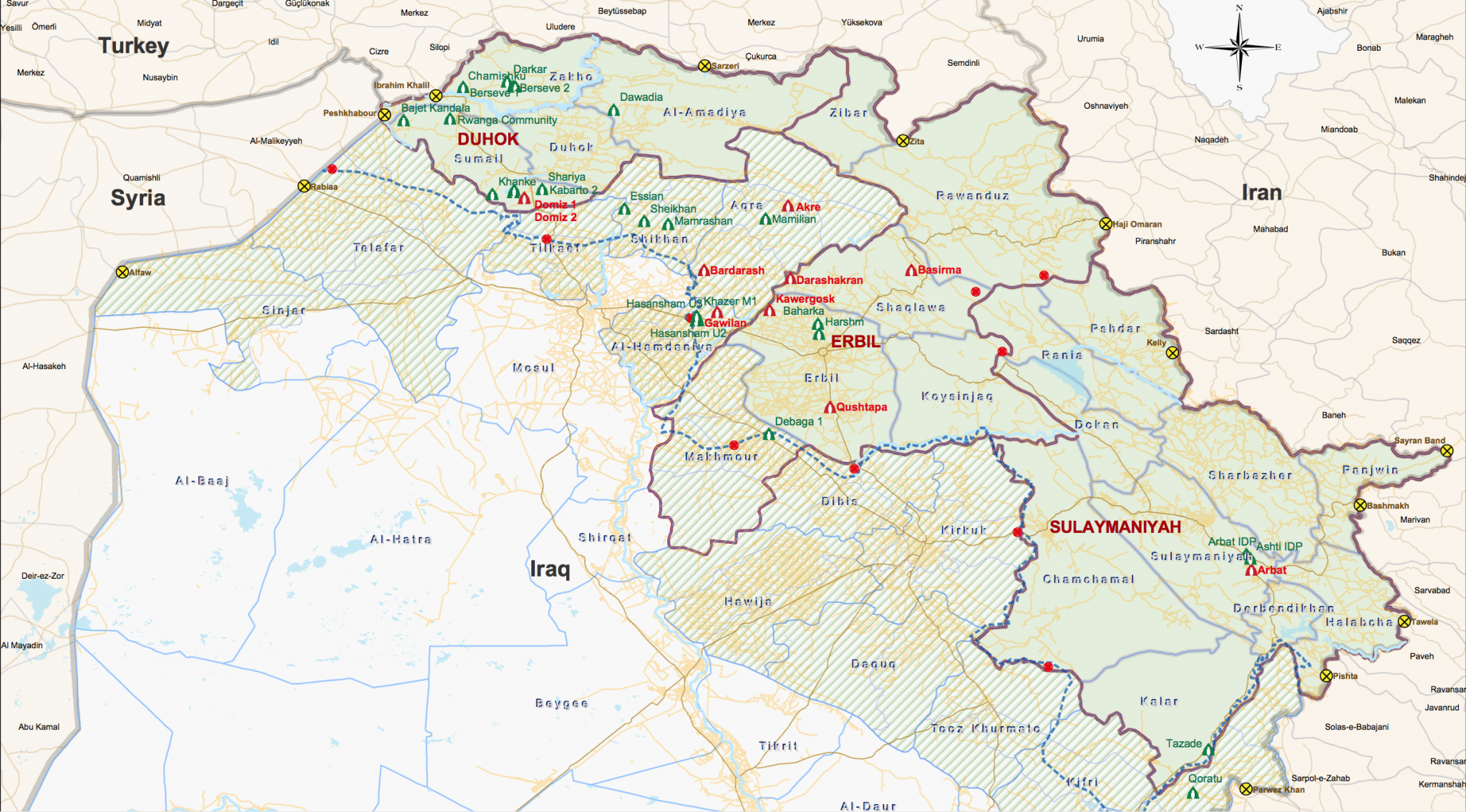
Iraq: security forces fired on Kirkuk protesters
Iraqi security forces appear to have opened fire on demonstrators without prior warning in Kirkuk, killing at least four people and injuring 16, Human Rights Watch has found. The violence comes amid months of increasing tensions between Kirkuk’s Kurdish, Arab and Turkmen populations. An inquiry into the incident opened by Prime Minister Mohammed Shia al-Sudani should be independent and impartial in its investigation of allegations of excessive use of deadly force by Iraqi security forces, HRW urged. “Time and again, the Iraqi government has responded to protests with lethal force and arrests of journalists,” said HRW Iraq researcher Sarah Sanbar. “The government needs to take concrete steps that result in accountability for these actions.” (Map: UNHCR via ReliefWeb)



